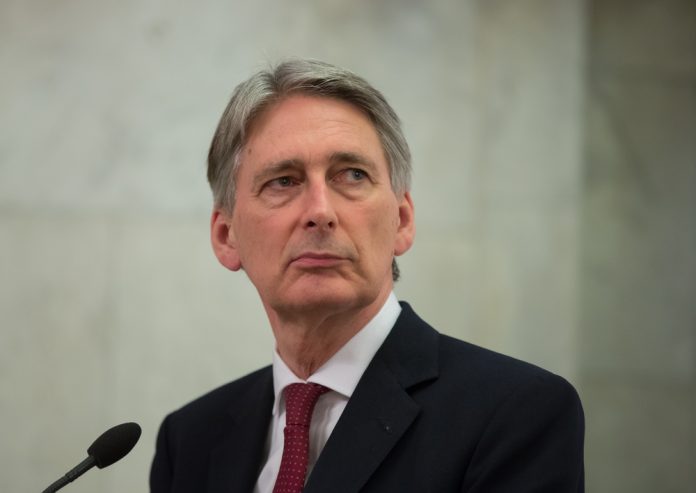Chancellor Philip Hammond has been bombarded by calls from businesses to create a ‘retail friendly budget’, amid Brexit ambiguity and high tax rates.
Two business lobby groups released their wish list to Hammond today, ahead of his October budget release. They argued that inflation growing faster than wages has caused households to cut spending, claiming that this could be eased by freezing tax rates and speeding up the process of increasing the personal allowance.
The British Retail Consortium (BRC) have pushed Hammond to release a ‘Budget for shoppers’ that protects the businesses in the group from the burden of Government costs. It argued that the impending £270m tax rise for businesses due to come into effect next April should be stopped, with these calls being backed up by the British Chambers of Commerce (BCC).
By doing so, the BRC argue that firms would be able to invest the money they would save from freezing tax in order to prevent prices from rising. They insisted the Hammond has a great opportunity to demonstrate that May’s ministers understand the pressures businesses face in the current climate of economic uncertainty amid Brexit negotiations.
Helen Dickinson, chief executive of the BRC, said: “at a time of uncertainty for both economy and country, it is important that we set ourselves up for success…without the Chancellor’s intervention, the consequences for town centres and jobs will be even more keenly felt in the most vulnerable communities’’.
However after the success of September’s deficit, which was the lowest September government deficit since 2007, Hammond is unlikely to change his strategies. According to the chief UK economist at Pantheon Macroeconomics, Samuel Tombs, “any giveaways are likely to be offset to a significant degree by fiscal take-backs’’.
As a result, it is currently unclear to what extent Hammond will take notice of the lobbying from the BRC and BCC.
The BCC also recently joined other business lobby groups in signing a collective letter to the Government pressuring them to secure an ‘urgent’ agreement with the EU in order to give firms and businesses greater certainty and security amid Brexit negotiations.

